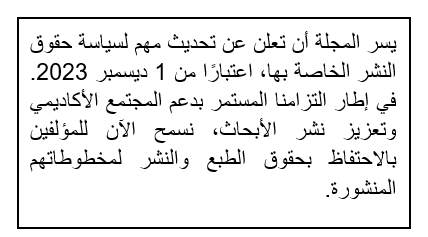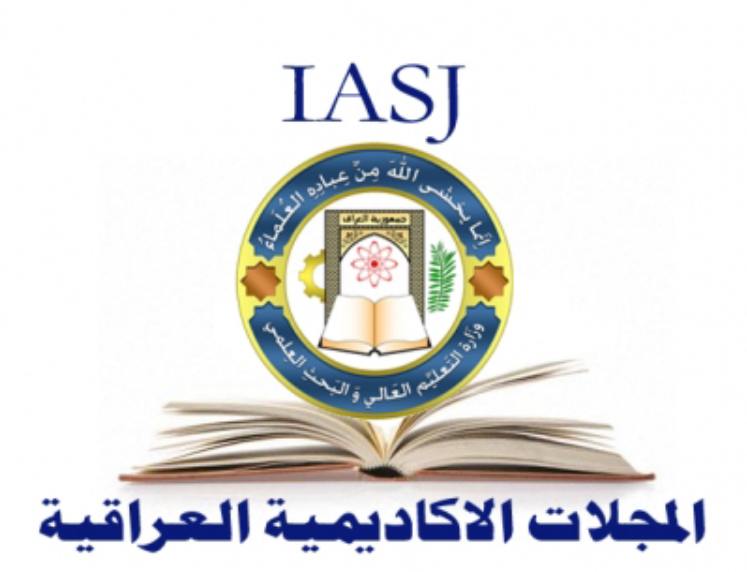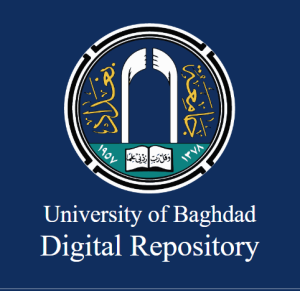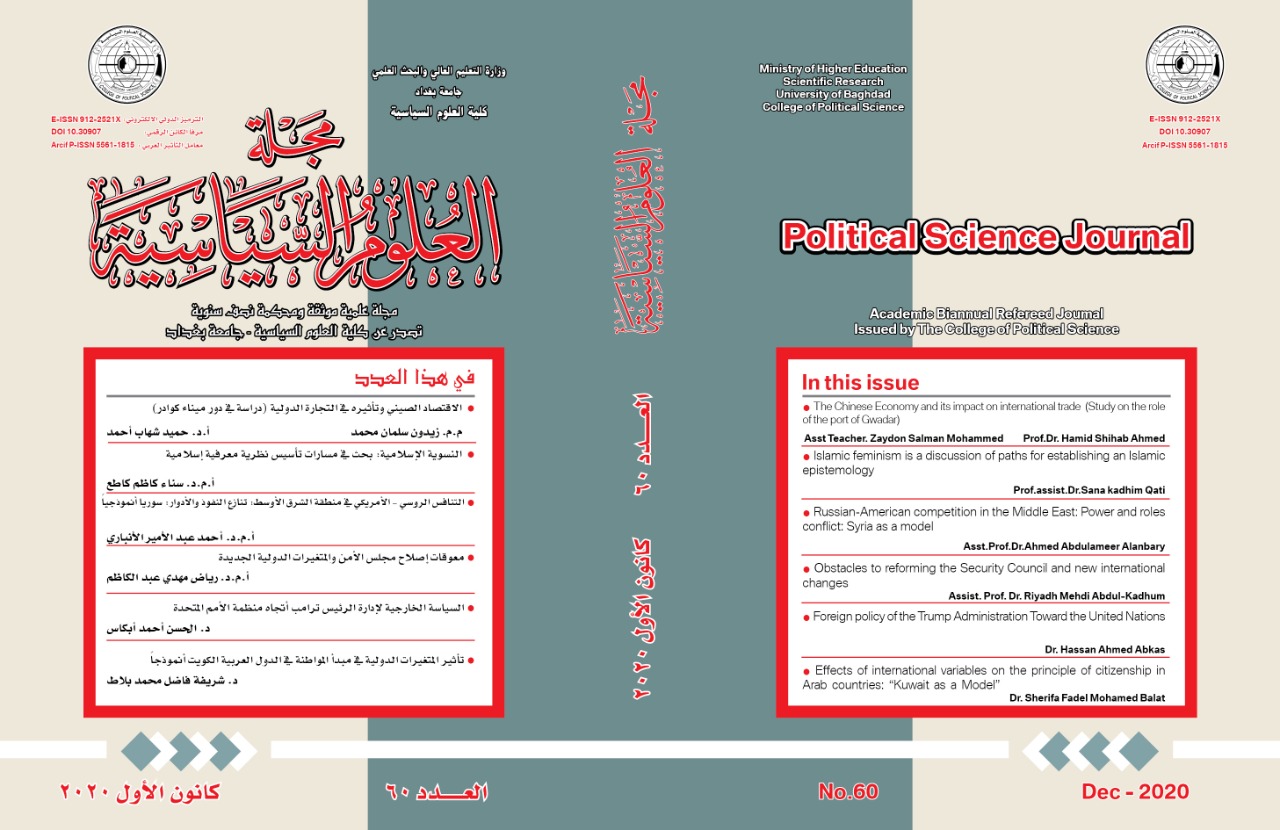التكوين المجتمعي للهند واثره في الوحدة الوطنية
DOI:
https://doi.org/10.30907/jj.v0i52.69الملخص
تعد الهند اليوم أكبردولة ديمقراطية في العالم الثالث واستطاعت الحفاظ على وحدتها الوطنية في احلك الظروف ،ويرجع تأريخ الحضارة الهندية لأكثر من خمسة الاف سنة خلت، وحققت عن طريق تراثها وثقافتها وفلسفتها وتقاليدها ونهضتها وحدتها الوطنية، وأخذت مكانها بين الأمم الساعية للتقدم والرقي، وللهند تقاليد ثقافية عريقة ومتميزة تراثياً ومجتمعياً، ولازلت مظاهرها ماثلة للعيان إلى أيامنا هذه ، نظراً لتأريخها الحافل بالحضارة والانجازات، وانصهار ثقافات الشعوب الغازية على مدار القرون مع ثقافة المجتمع الهندي المتنوعة، ولكن برغم من كونها دولة علمانية الا انها مارست عبر حكوماتها المتداولة صنوفاً متعددة من الاقصاء والتهميش تجاه ابناء الشعب الهندي وخصوصاً المسلمين وهذا ما اثرعلى أداء الدولة ومصداقيتها منذ الاستقلال في العام 1947 ولحد يومناهذا ، ولكن هذا لايعني بالمطلق انها دولة لاتمتلك مقومات الوحدة الوطنية وممارسات العمل الديمقراطي لحد الان على اقل تقدير، فإليات العمل الديمقراطي فيما يتعلق بالانتخابات والتصويت في الولايات الهندية مازال معمولاً بها ، ولكن تتداخل التقسيمات المجتمعية والدينية والطبقية لتفرز صراعات تظهرالى السطح بين الحين والاخر مما ينذر بتفكهها اذا لم تأت قيادات سياسية تحسن التدبير بحيث يصل حد الصراعات في الهند الى حد نشوب الحرب بمختلف مسمياتها طائفية ودينية واجتماعية واقتصادية.






 ©️ 2023 The Author(s). Published by College of Political Science, University of Baghdad. This is an Open Access article distributed under the terms of the
©️ 2023 The Author(s). Published by College of Political Science, University of Baghdad. This is an Open Access article distributed under the terms of the 












